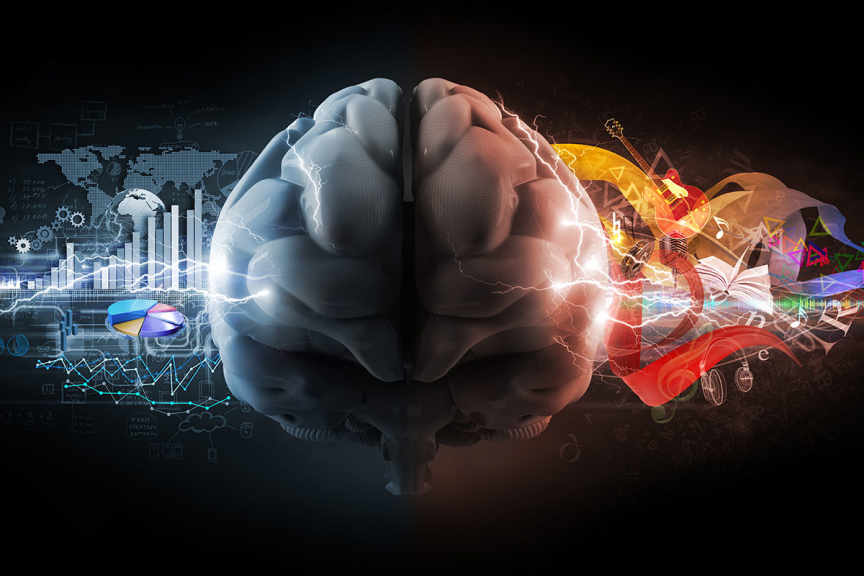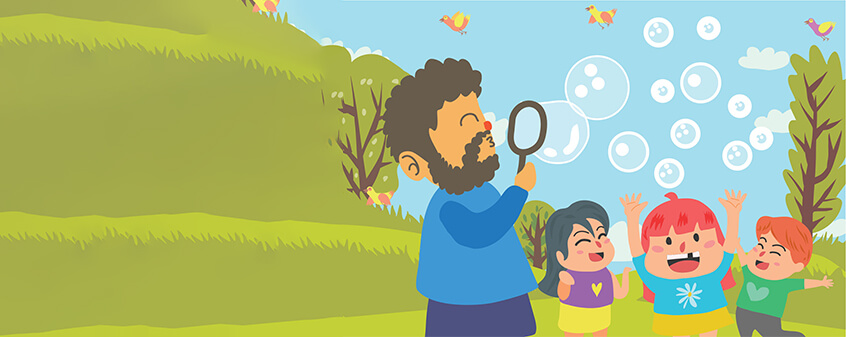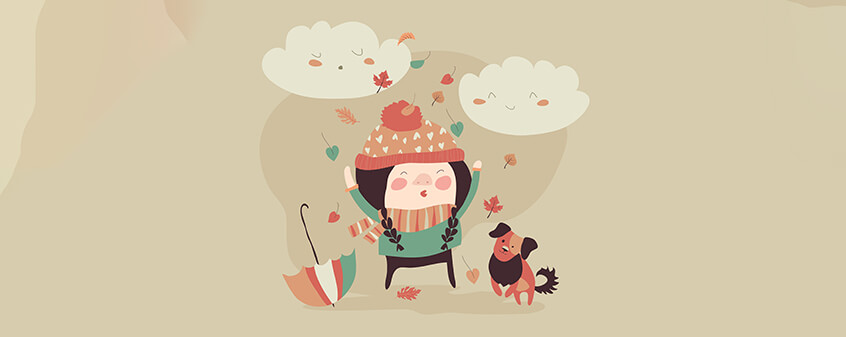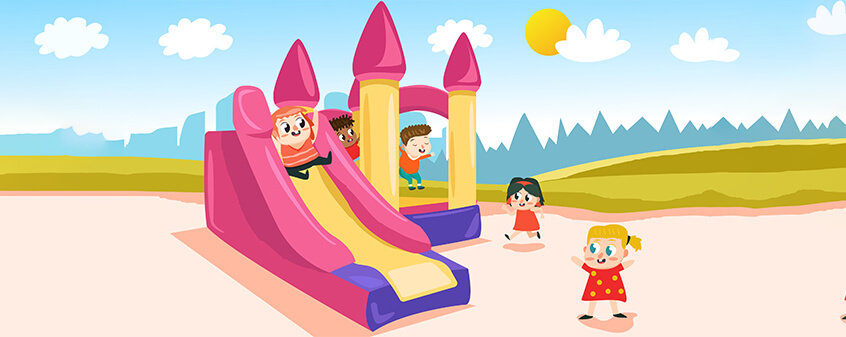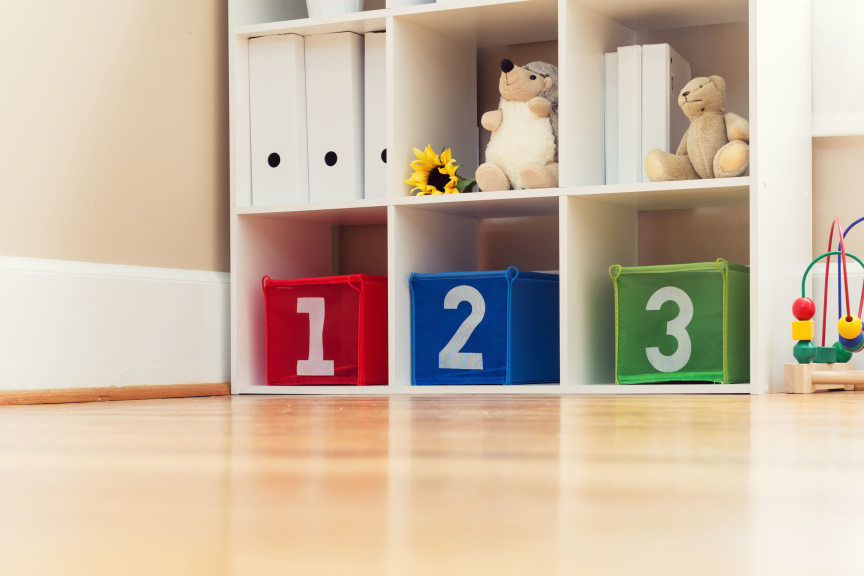NEUROSCIENCE RESEARCH THAT IMPACTS EARLY CHILDHOOD EDUCATION
The formative years of a child’s life see rapid growth and development and help them develop optimally during that period. The brain develops faster than ever during the first five years. A child is born with more than enough brain cells to be highly successful. More than 100 billion! But it's not the number of brain cells that determines usable intelligence, it's the number of connections that are made between those brain cells.
These connections are formed by the experiences and thoughts that you provide to your child via a rich, stimulating environment in the early years. That environment is made up of games, visits, conversations, experiences, activities and loving attention. These valuable and rich experiences are supplemented by a quality preschool.
Preschool prepares children for a lifetime of learning where they are introduced to concepts in a fun, relaxed environment. Children see that learning is exciting and they want to learn more.
It gives them a jump-start to primary school as they develop a number of skills—pre-reading, pre writing, pre-math, science and social. They also develop an understanding of listening, following directions as a group, problem solving skills, sharing and taking turns. These are very important for future success.
Children in preschool learn an approach to learning itself. In other words, they learn how to learn. Depending on their preschool experiences, they can come to view learning as creative exploration, or as dull memorisation.
Research in neuroscience suggests that brain-compatible learning is inclusive of many powerful learning concepts like emotions, patterns, survival, environments, rhythms, positive thinking, assessment, music, etc. in both teaching and learning. The future belongs to a very different kind of person with a very different kind of mind— creators and empathizers, pattern recognizers, and meaning makers. These people—artists, inventors, designers, storytellers, caregivers, consolers, big picture thinkers—will now reap society’s richest rewards and share its greatest joys.
There is sufficient research done in the area of neuroscience and behavioural science that leads us to a conclusion that life success cannot be achieved by high academic scores and grades alone. Over the years, a number of studies have indicated that a positive correlation exists between young people’s achievement and their levels of development in areas we call ‘habits of success and habits of mind’. Our education system balances both and this year our students ‘gifted’ us proof of concept. At Billabong Highs across India various students at the IGCSE board exams received titles of ‘EVM World Topper’, ‘PHYSICS Country Topper’, ‘Computer Science Country Topper’ and ‘Chemistry Country Topper’. We have put the BIG doubt to rest; the doubt whether learning can be enjoyable and still effective. I still stand by my belief, though, that our society is hypnotized into believing that ONLY IF a child does well academically does he have the chance to succeed in life. Our school mantra is ‘to ignite human greatness by fostering a love for learning, a talent for thinking and a respect for hard work.’ So sure, students who perform well are demonstrating greatness, but so are students who demonstrate greatness in non conventional academic ways. We have many instances of these students as well. Only yesterday I was gifted a Random House – Penguin authored and published book by a Grade 8 child of Billabong High, Bhopal titled ‘Scout Warrior’.
Inculcating ‘habits of success’ which are not solely dependent on the intellect - We base the content knowledge on what we call the intangible, implicit, untested curriculum geared to develop the habits of mind that lead to success. The future is all about creativity and innovation. We constantly evolve our learning systems based on neuroscience findings of how the brain best learns and mapping what our students will need to be equipped with when they leave school.
Children, who do brilliantly academically, sometimes struggle to make it big once they are out of school. Getting 100 percent on an exam is no longer the key. Knowledge and understanding that were the cornerstone of the information age won't cut it in the conceptual age that we are entering. The future is all about creativity and innovation. We constantly evolve our learning systems based on neuroscience findings of how the brain best learns and mapping what our students will need to be equipped with when they leave school. Content knowledge forms only 40% of our learning system. The remaining 60% is based on what we call the intangible, implicit, untested curriculum geared to develop the habits of mind that lead to success.
